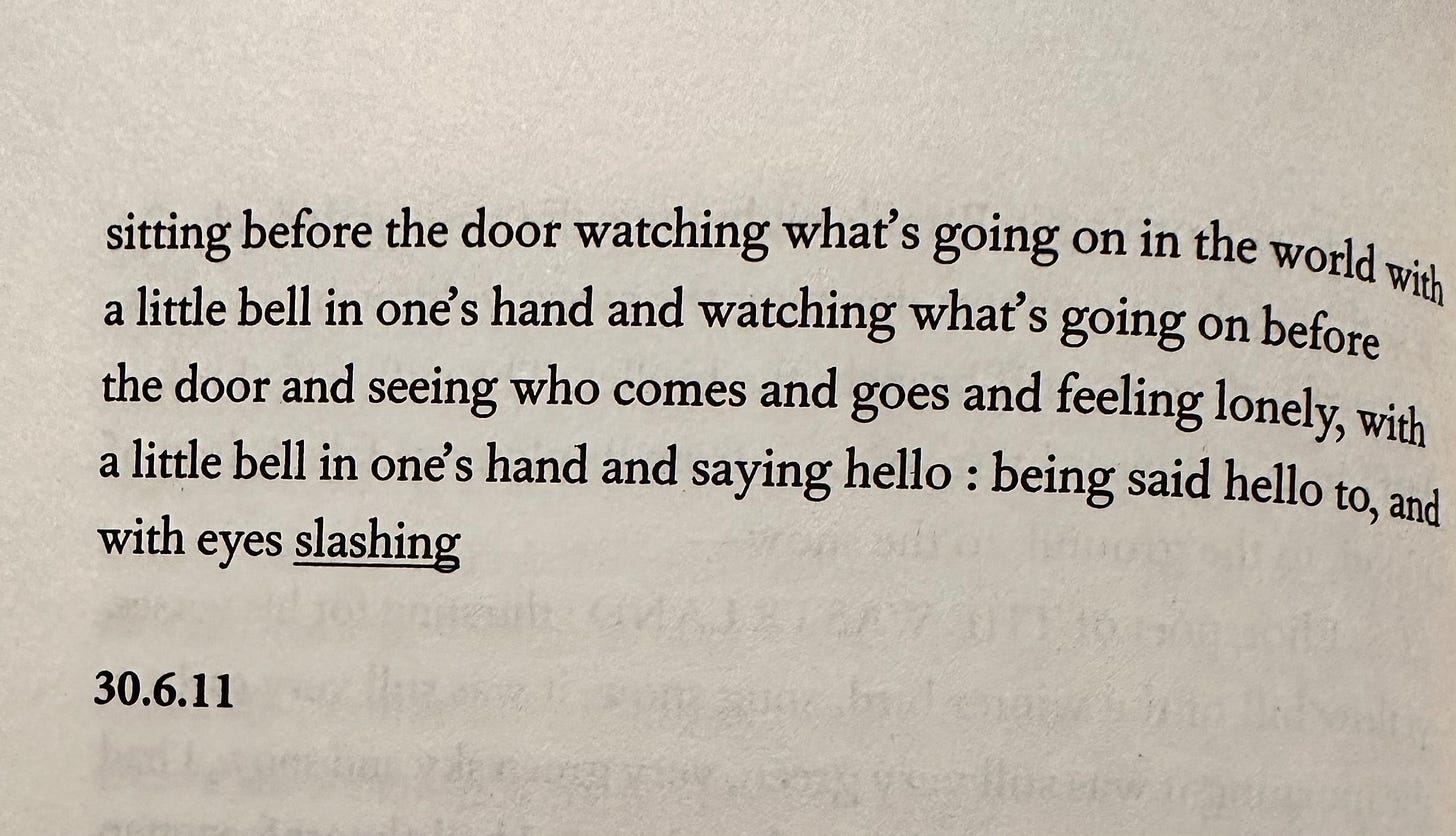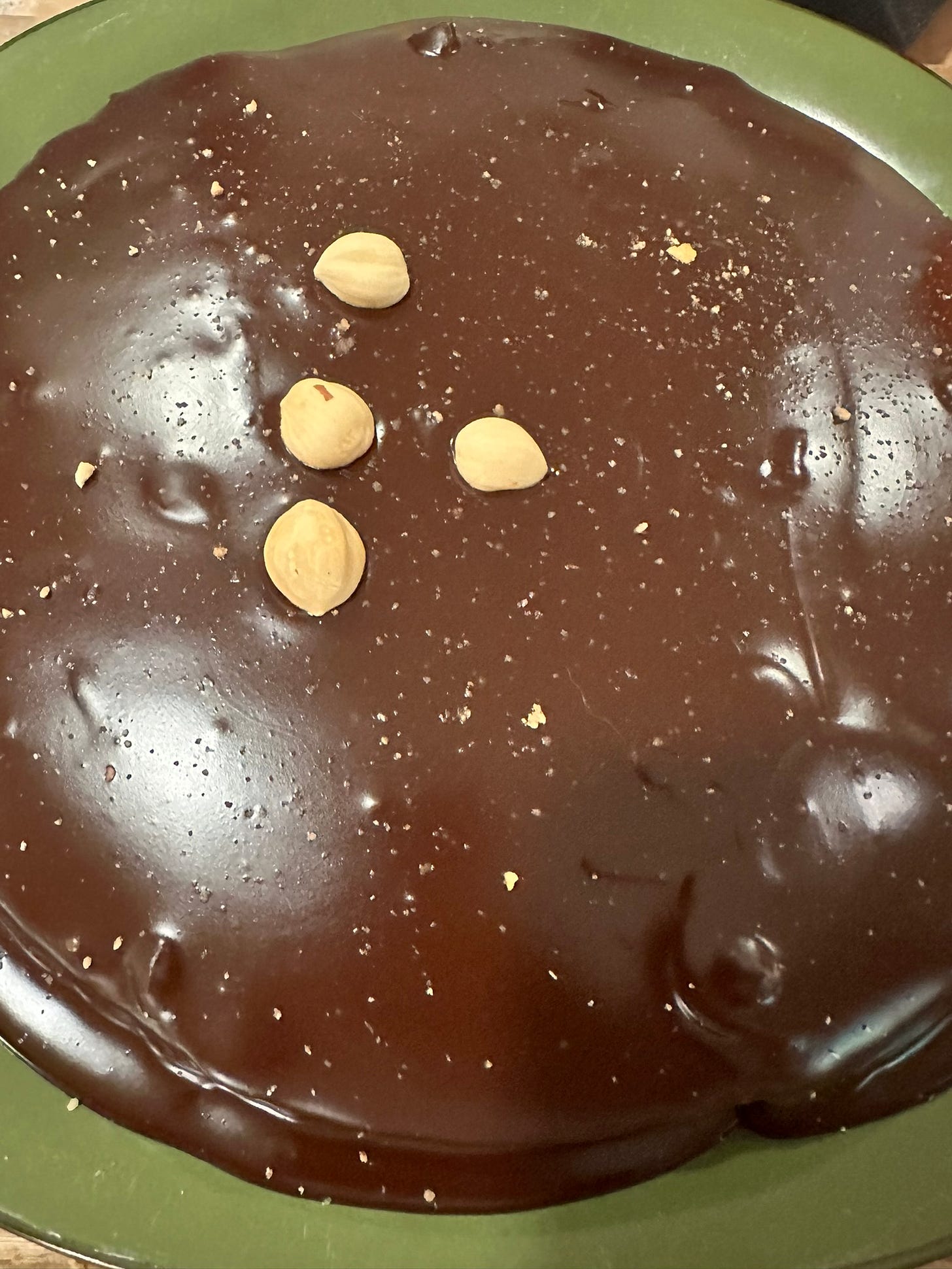Recently I discussed with a stranger about a longtime favorite reference — Northrop Frye’s essay The Archetypes of Literature (first published, I have learned, in the Kenyon Review! fascinating history). Below I provide a longer excerpt:
Patterns of imagery, on the other hand, or fragments of significance, are oracular in origin, and derive from the epiphanic moment, the flash of instantaneous comprehension with no direct reference to time, the importance of which is indicated by Cassirer in Myth and Language. By the time we get them, in the form of proverbs, riddles, commandments and etiological folk tales, there is already a considerable element of narrative in them. They too are encyclopedic in tendency, building up a total structure of significance, or doctrine, from random and empiric fragments. And just as pure narrative would be unconscious act, so pure significance would be an incommunicable state of consciousness, for communication begins by constructing narrative.
I like the idea that patterns and connective tissue which provide the significant element to an image or phrase are outside of time. Some describe this as a timeless element but even the word timeless is a pattern of image at this point and has a signification outside of its literal interpretation. For instance, is a fantastic breakfast sandwich timeless or is it good any time? For instance, is it timeless to have the radio play what you wished for, or simply that what you wished for is eternal?
The myth is the central informing power that gives archetypal significance to the ritual and archetypal narrative to the oracle. Hence the myth is the archetype, though it might be convenient to say myth only when referring to narrative, and archetype when speaking of significance. In the solar cycle of the day, the seasonal cycle of the year, and the organic cycle of human life, there is a single pattern of significance, out of which myth constructs a central narrative around a figure who is partly the sun, partly vegetative fertility and partly a god or archetypal human being.
In the triad of sun, vegetative fertility, and god or archetypal human, what would you ascribe your weights to be? I believe myself to be 48% sun, 44% vegetative fertility, and 8% archetypal human.
The crucial importance of this myth has been forced on literary critics by Jung and Frazer in particular, but the several books now available on it are not always systematic in their approach, for which reason I supply the following table of its phases:
1.
The dawn, spring and birth phase. Myths of the birth of the hero, of revival and resurrection, of creation and (because the four phases are a cycle) of the defeat of the powers of darkness, winter and death. Subordinate characters: the father and the mother. The archetype of romance and of most dithyrambic and rhapsodic poetry.2.
The zenith, summer, and marriage or triumph phase. Myths of apotheosis, of the sacred marriage, and of entering into Paradise. Subordinate characters: the companion and the bride. The archetype of comedy, pastoral and idyll.3.
The sunset, autumn and death phase. Myths of fall, of the dying god, of violent death and sacrifice and of the isolation of the hero. Subordinate characters: the traitor and the siren. The archetype of tragedy and elegy.4.
The darkness, winter and dissolution phase. Myths of the triumph of these powers; myths of floods and the return of chaos, of the defeat of the hero, and Götterdämmerung myths. Subordinate characters: the ogre and the witch. The archetype of satire (see, for instance, the conclusion of The Dunciad).
It makes a lot of sense, to me, that American elections exist on that odd cusp of tragedy, elegy, and satire. Making fun of ourselves a little and being sad about it.
Here I will digress and provoke some amount of weavery. If you will, find the connective tissue.
One of the foremost ironies of my life is being good at a job which pays well but morally corrupts me. Walk with me. I like to try explaining things which seem, at a glance, impossible to understand. Largely how I’ve applied this work is in technical fields — taking impossibly large mechanical or physics-based subjects and translating them into base concepts like “Yes, electrical resistance is effectively trying to make sure that one doesn’t waste too much energy on unnecessarily fighting itself,” or, “most objects, when flying, move at such speeds and with such weight that, though a powerful gust or storm may unsettle the object, it largely will not dislocate from its intended path, and that calculations here are more for comfort and absolute knowledge of security than true fear.”
I exercise this skill here, always, in reading, in writing, in criticism and in thought, in conversation and in compliment. But I learned the skill to begin with because, at my most base, the structure of language inherent in my mind is fundamentally instable. I’ve always had to translate myself, in some way, in order to communicate. And so when I, speaking or writing to you, and you, word things difficultly or am less clear than you wish, it is largely because I am less clear than I wish.
Friederike Mayröcker has a book titled études which I’ve spoken about in some cases here and there and that I have been reading in nibbles for several weeks-to-months now. It’s stunning work, mostly for its borderline illegibility. I confess I do not know a thing from this book, but I don’t think the work of it is to transcribe some knowing. I believe this is why I love the work so much — because it refutes to know as the primary quest of literature. There’s a line ending one poem of the collection — “the tempest gasps in the parlor.” The resonance of pss-pss-pah. Sure, tempest what an evocative word. But the sonic quality is an erudite gem.
This November has gone by so quick. Here are some of the things which have given me laughs.
Finding treasure in a crisis of hazelnuts. Heather’s astonishing efforts. I asked for a hazelnut and chocolate birthday cake. She, of course, went above and beyond, heroically, paragonically. I would have been happy with nutella. But her efforts, always, mean more to me than anything else. This nugget of wisdom being that: effort on my behalf, though seldom asked for, is an incalculable gift. Oh I wish effort were easier. Oh I wish I could relieve all burdens. And, still, I love.
Slaying zombies with Cora, I re-activated my fight-or-flight. I was jumping. I was squatting. I was laying down. This was a group VR game, in some safe room, with walls and boundaries and plastic guns hooked up to sensors, where we plunged our way through some tormented zombified hospital. I was feral with the urge to survive. What an absolute thrill. I couldn’t help but laugh at how sweaty I was by the end. I mean, all of the equipment was quite warm anyway, but what an exercise.
Logos, for those not particularly sports-inclined, can be quite difficult. Though, simple is simple. “I like your hat,” the man handing me an orange juice at a Turkish cafe says to me. “Thanks, I like yours too, nice stylized S,” I try to remind myself to give compliments back when I receive one because I feel like a piece of shit just takinga compliment and moving on. “It’s just the Seattle Mariners.” Inability to recognize Seattle Mariners logo. He got a little awkward. I was still laughing. Imagine if that minor embarrassment was something I felt obligated to linger over for more than approximately three seconds? Imagine if that minor embarrassment amounted to the tempest gasping in the parlor of my heart instead of news of another Gazan camp bombed, a ceasefire broken in Beirut, or fascism continuing to grow.
The efficacies of finishing a novel. The giddiness of purposeful lonesomeness. The oddity of being in a new-old environment. Not telling a soul around me in the physical space I was occupying. Everybody’s buzzing energy. Sales people. People here for conferences. People on dates. Man bringing two bottles of wine and two glasses up to his room in the elevator and looking at me with something of a grin, something of a brag. The frenzy with which I found myself eating dinner and the waiter comping me dessert. All of it something frenzied. Delirium. Mania. Madness. They all feel close to what I occupied, but still somewhat different. There was clarity of purpose. It wasn’t an overstimulation of senses and excitements; it was an arrow piercing true. I laughed and laughed and laughed inside the chambers of my mind. Now I know. That I can simply go away and write and write and go away and write. I know.
Becoming knowable, in some cases, by baristas. One I drink adjacent to every now and then. And, now, a second location, knows me by a hat with a flower on it I wear often. I didn’t realize I wore it to them with regularity. They know me by the flower hat. I confessed the flower hat only gets worn when I really don’t mind having conversations out-and-about, because it always finds some stranger feeling obligated to comment on it. So they connected that by not wearing the hat I wasn’t as particularly inclined to conversation. “No,” I told them, “but this is perfectly fine, it’s more about being accosted on the sidewalk.” They quieted up shortly after. But now I am known. A single laugh to soothe the ache of fragile connection.
I love fruity little drinks. I love talking queerness over fruity little drinks. I love talking queer in front of loved ones over fruity little drinks. Gaining the power to seduce Ally to locations to talk queer over fruity little drinks is a delight that makes me beam and laugh several times a week. A power of love.
Each week I bicycle past the Google Drive corporate office downtown. It’s an awful road for cyclists. All of that area of Seattle, really, is, simply because everyone and their mother is driving like a selfish maniac trying to clog up massive intersections across eight lanes of traffic to get home just a second faster. Each week I bicycle past this one security guard outside the corporate office for Google Drive. They never seem like they have anything to do, really. They never acknowledge me or anyone else, really. Just stand there in their high-viz vest. I wonder what their dreams are like.
An intimate poetry reading with translators Alice Yang and C. Francis Fisher. Meeting Alice’s mom after asking about how it felt to translate surrealists who were, by and large, pervy old men. Her mom’s excitement and enthusiasm for a subject she didn’t know much about and yet was simply so proud, so engaged by her daughter. I don’t think this should come as a surprise that the moment would endear itself to me. And yet Alice’s “Alright, Mom, I think we should get going,” polite and full of embarrassment, as though she’s unused to being lauded and celebrated, uncomfortable with it, still makes me laugh. That particular tone.
As usual, please share or like or comment if you enjoy my work, and otherwise I look forward to what more I can document from laughing into the next year.







